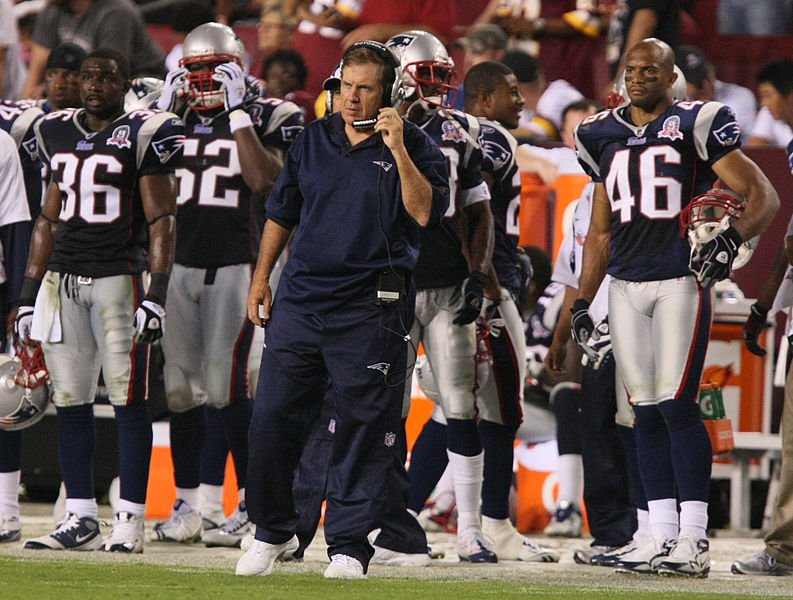Adaptability: The Key to Leadership
What is it that makes a truly successful leader? Whether you admire a colleague, a mentor or a politician, great leaders make infinite and lasting imprints on who we strive to be.
When we think of great leaders, we often think of traits such as honesty, confidence, compassion and effective communication. Among these traits, fearlessness and change management, which I believe to be underrated, are vital for today’s business leaders.
Leaders and executives are entrusted with the responsibility to maximize success in a rapidly changing future. This requires vision and the ability to adapt and execute.
Today however, many organizations depend too much on finance and strategic planning departments that revere a five-year planning model as a work of art. In an era when the future may not be predictable, successful leaders must avoid overreliance on market assumptions.
In an era that moved at a snail’s pace compared to today, one Wall Street analyst wrote in 1910, “The world market for automobiles is at most 1 million units.” His projection was based on the assumption that only 1 million families could afford chauffeurs.
The reality is that long-term roadmaps must be flexible. Today, more than ever, we need leaders who can be at the forefront of change.
In the late ’90s, the world was abuzz with dot-com euphoria. In January 2000, the valuation of Yahoo! peaked at $140 billion. The theory was that the Internet was a transformative innovation, being adopted at warp speed.
Nearly 15 years later, Yahoo!’s $28 billion valuation is dwarfed by Google’s $290 billion valuation.
In September 2006, President Barack Obama was not even listed as a Democratic Party candidate for the 2008 election. Hillary Clinton was the front-runner, followed by Al Gore and John Edwards. One month later, Obama was polling in second place. The primary landscape had shifted dramatically.
Whether it’s Yahoo!, Obama or business executives, the lessons of fearlessly embracing change are critical.
Another example—that of a Hall of Fame-bound NFL coach—illustrates the importance of adaptability. Successful leaders don’t wait for change to arrive on their doorstep. Leaders lead the change.
Any good football fan watching their favorite team would expect the team’s coach to make necessary adjustments at halftime. So, what about Bill Belichick, a coach with the eighth best winning percentage among coaches in the history of the NFL?
“Belichick doesn’t wait until halftime to make adjustments. He makes his after the first quarter or, sometimes, the first series,” an ESPN article said about Belichick’s adaptability.
The New England Patriots won Super Bowl XXXVI by a final score of 20-17. You can win too by taking your game plan and changing it in real time. Go beyond the ordinary to solve problems and change in response to altered situations. Don’t wait. Change starts now.


